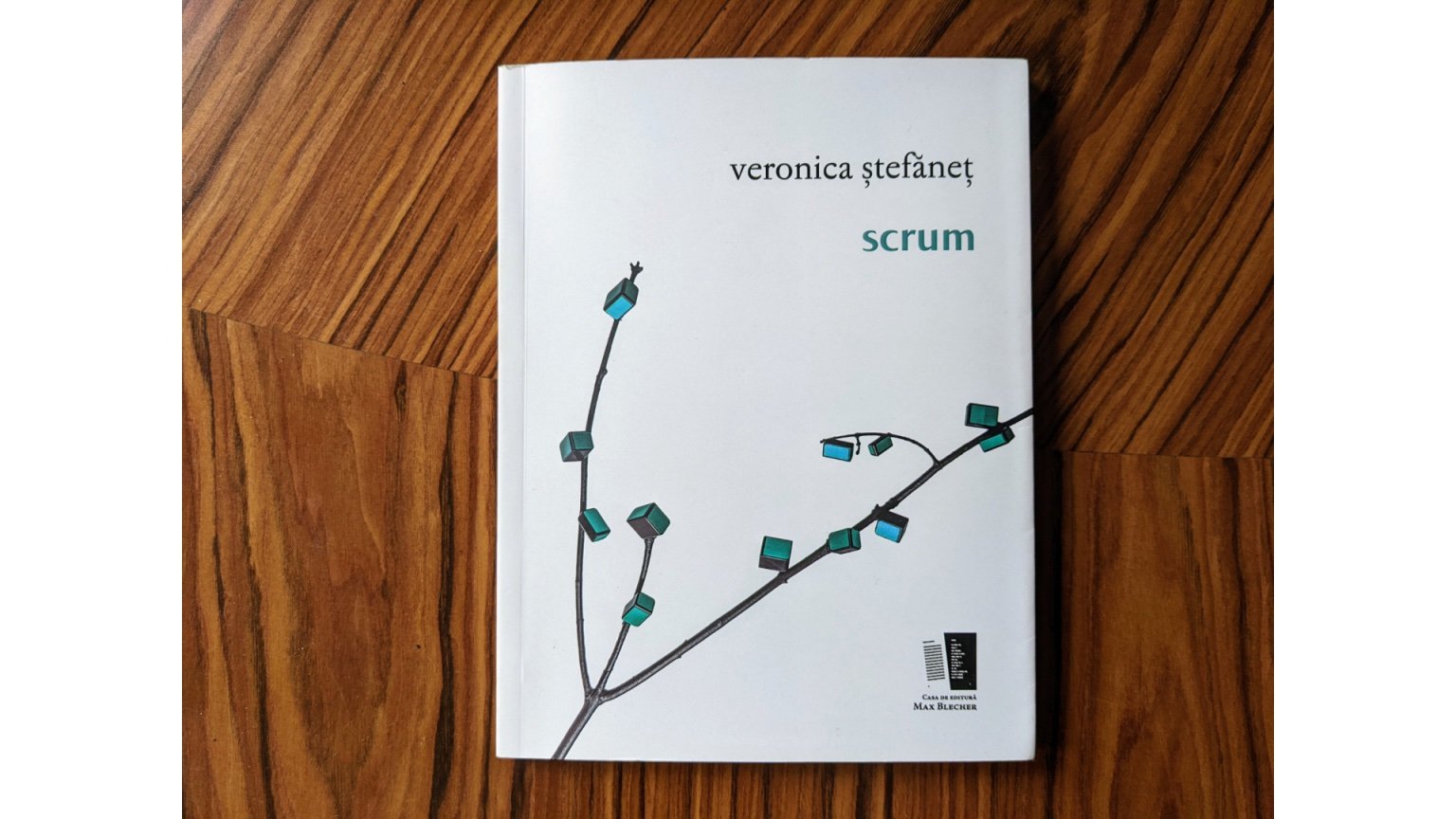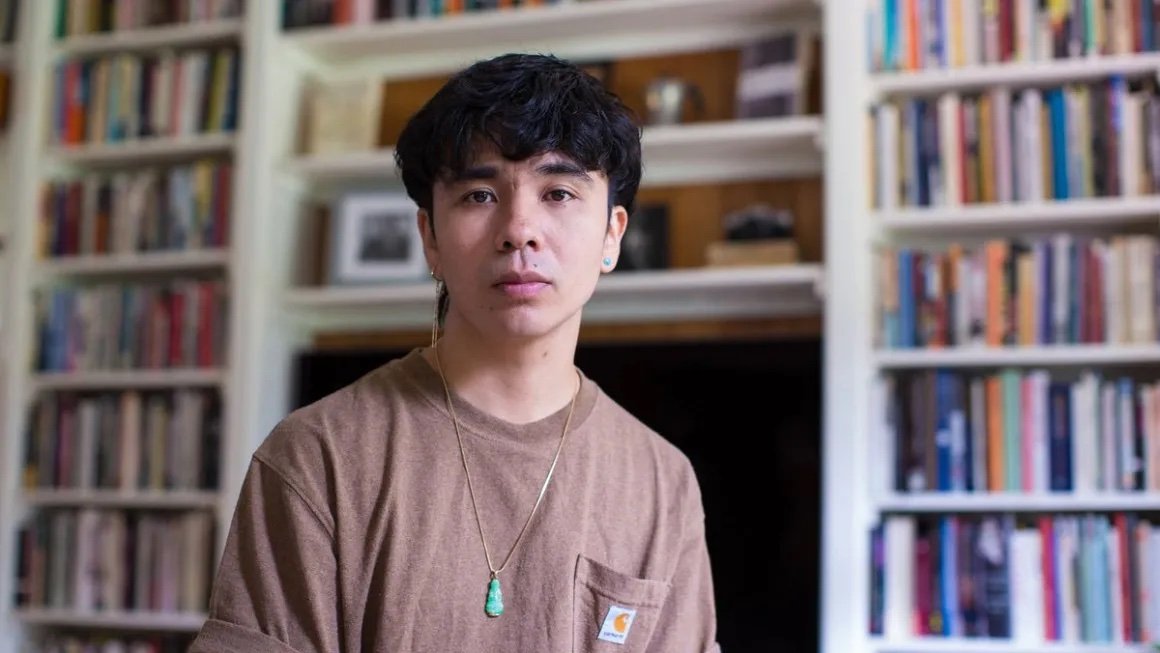Fire Season: Selected Essays 1984-2021, by Gary Indiana
In Gary Indiana’s 1989 novel Horse Crazy, the narrator’s sociopathic crush finally shows him his first large-scale artwork: “an arrangement of six different male types: college preppie, Kennedy-type young lawyer, bohemian, blue-collar worker, and so forth.” The narrator soon realizes all six faces belong to Ted Bundy. “Such is the ambition of American society, that a person who runs out of control in this manner can effortlessly impress those he meets as a paragon of desirable national qualities.” Indiana is forever associated with his 1985-1988 run as art critic for the Village Voice, but he is primarily an artist, and the long bibliography of plays, films, visual art, and fiction he has produced since often focuses on people “out of control.” His best-known work is a trilogy of “deflationary realist” true-crime novels. Yet there is a difference between those who commit crimes of desperation, and those who act in the relentless pursuit of power and wealth, or, like Bundy, for no reason at all. In Fire Season, a voracious, scathing collection of Indiana’s reviews and essays, Indiana has dueling subjects: the cartoon villains of the neoliberal order, and the artists making serious work in spite of it.
Two Poems from Scrum
you grab the end of your girlfriend’s scarf and quickly sniff it
when she’s not at the table
I pick off the strands of hair caught on her coat when we go out
Notes of a Half-Jewish Daughter
I am in love with Venice. With the laundry hanging outside windows, the surprise squares that open up after crammed alleyways, the roar of boats and sting of salt on your hair, your eyes, your tongue. I am in love with Venice in a way that feels chemical, as if even the smallest strips of my DNA have the city embedded within them, have been programmed to understand it as home.
60 for 60: November Morning
Joyce Carol Oates wrote herself into literary posterity with the 1966 release of “Where Are You Going, Where Have You Been?,“ a story told from the perspective of a teenager coaxed out of her house by a smooth-talking man and loosely inspired by the Pied Piper of Tucson murders. Likewise, this story—“November Morning”—boasts a young protagonist whose childhood is invaded by grim adult themes when his mother drags him and his siblings off to identify the dead body of her estranged husband.
Three Poems by Adela Zamudio
The fiery rays of the summer sun
are scorching the earth.
The withered prairie, in its slow death throes,
In Ocean Vuong’s Poetry, an Ocean of Moving Elegiac Paradoxes
Undisputedly, the years have been at once kind and brutal to Ocean Vuong. I say kind in the sense that, from a career perspective, Vuong has ascended to the peak of literary prominence at a pace and to heights few contemporary poets can match. Along the way up, he’s accrued a faithful audience, struck late-night talk-show stardom, and garnered prestigious awards, a T.S. Eliot Prize and a MacArthur Fellowship, among countless others. But I also say brutal, in that violence and loss continue to plague Vuong’s life: he’s had to contend with the harsh realities of growing up in poverty, as an immigrant and former refugee from Vietnam, and as a bookish queer boy navigating through a largely unsympathetic society.
60 for 60: Learning Chinese
As a mixed-race young woman, I find myself at all times both within and without my culture. For a long time, my ancestral background seemed to color my skin but not my personal life. Likewise, the narrator in Katherine Charriott Hou’s short story “Learning Chinese” comments that she, “…was thirteen years old when she became half Chinese.” Throughout this softly funny and subtly tragic piece, the narrator learns the cost of forced American socialization when her mother suddenly cannot speak English anymore. Together the unnamed narrator and her father immerse themselves in learning Chinese culture and language to accommodate the mother.
60 for 60: Informing on a Couple Unknown Guys
Upon stumbling across this work by Polish poet Leszek Szaruga, translated by the esteemed W.D. Snodgrass and published in our journal in 1995, I felt compelled to keep my own eyelids wide open to read it over and over again. There’s something in the way Szaruga chronicles the attempts of these two “unknown guys” to come to terms with their existence in the world that struck me down, completely unexpectedly so. His short, precise, colloquial language doesn’t rely on big, fancy words; its honesty alone is overwhelming.
Excerpt from Beautiful Abyss
Yes, sir? You’re kidding, right? You can rough me up like the other guys, but I’m not going to call you sir. Dream all you want, I won’t say it, I’m not your dog. Mister Bakouche is all I owe you, and that’s just because I don’t know you. Maybe once we get better acquainted, I’ll end up calling you a total prick.
2021 Spring Contest Winner: Kodak 4200 Slide Projector Asks If I Ever Held Hands With My Father
In the first picture my father's hands ain't holding nothing
60 for 60: Apollo in the Defeated Town
The statue's red lips
drip with the spit
of abandoned wives.
Two Poems, (“On pain” and “On killing” I and II)
You talk of time and how its crooked ways will make us old as time. of daily devotions. of the goodness in good friday.
60 for 60: Yakudoshi
In a pink-painted room, in the throes of grief at my childhood cat dying without being able to say goodbye to him because I was away at college, a kind man wearing a Spirited Away shirt dug a bundle of needles into the thin skin of my wrist and gave me my first tattoo: an outline of a crescent moon in memorial of the cat, who was named Luna. I never wanted to get a tattoo, but in my distress the only thought that comforted me was the idea that I could carry him with me on my body.
The Voice by Sabahattin Ali
By Sabahattin Ali
Translated Aysel K. Basci
Translator’s Note: Sabahattin Ali’s short story, “The Voice,” is representative of the author’s thematic concerns. It describes an encounter between two educated urbanites and a village troubadour (ashik, in Turkish), through which the author highlights the incompatibility of the aesthetic ideals of the educated and more sophisticated elite living in Turkish cities and those of Turkish villagers in rural Anatolia.
In Search of Utopia: A Conversation with Adrian Shirk
“As soon as I start relying on the word ‘utopia’ it becomes a misnomer,” writes Adrian Shirk in the opening pages of Heaven Is a Place on Earth: Searching for an American Utopia. Through a blend of memoir and fieldwork, Shirk examines dozens of communities, experiments, and gestures born from a collective desire to make a better world in response to the ravages of empire and capitalism. Meanwhile, we read about Shirk’s personal quest to find a home of her own, all while trying to endure the American healthcare system and the precarious academic labor market.
60 for 60: The White Fox
Young adults who move back in with their parents after a period of living independently are known as “boomerang kids.” Once the subject of moral consternation by a commentariat convinced that excessive avocado-toast expenditures are all that stand between debt-burdened millennials and home ownership, “boomeranging” is no longer considered a troubling generational trend, but a fact of life. The Pew Research Center reported that, in February 2020, nearly half of all 18- to 29-year-olds in the U.S. lived with one or both parents. In the months that followed, the disruptions of the pandemic meant that the percentage of young people in the U.S. living at home broke a record set during the Great Depression.
The Elizabethan Sonnet
My teeth hurt. A sip of cold water or a quick breath on an icy day was enough to make me wince. I compared my smile to the way it looked in old pictures: the gums were definitely receding.

















































